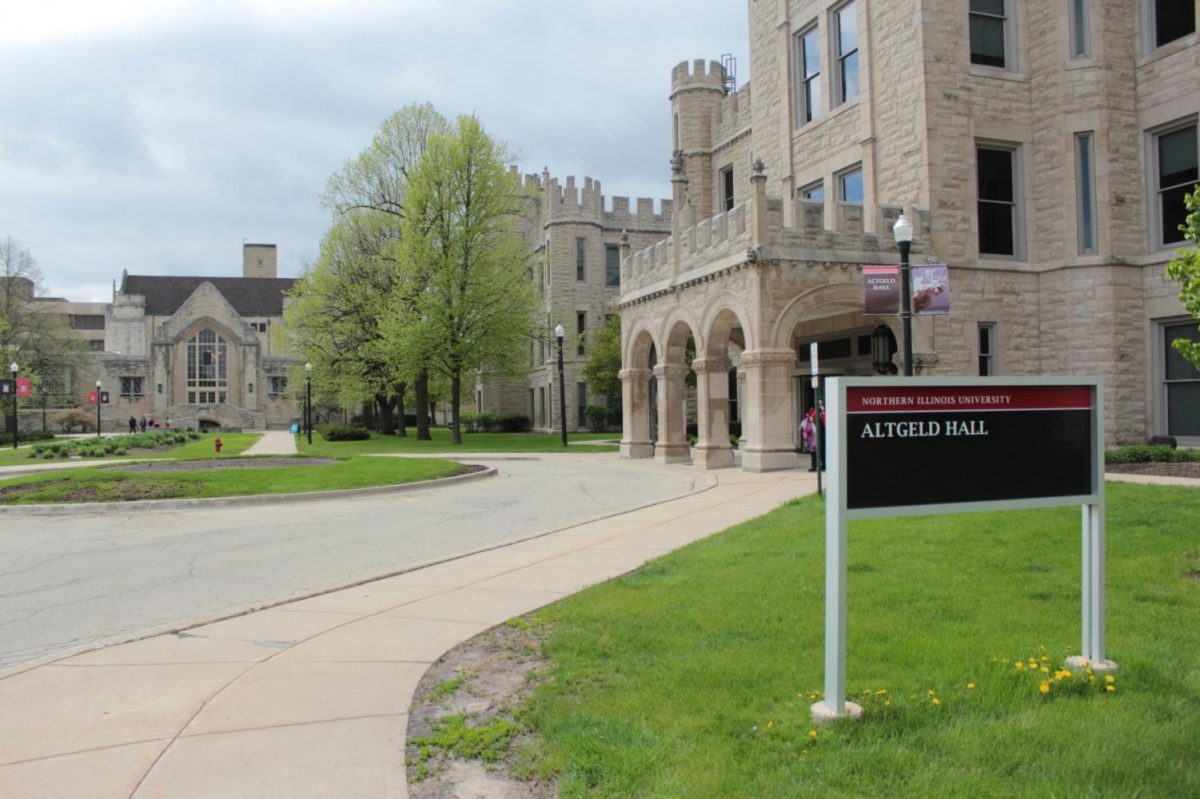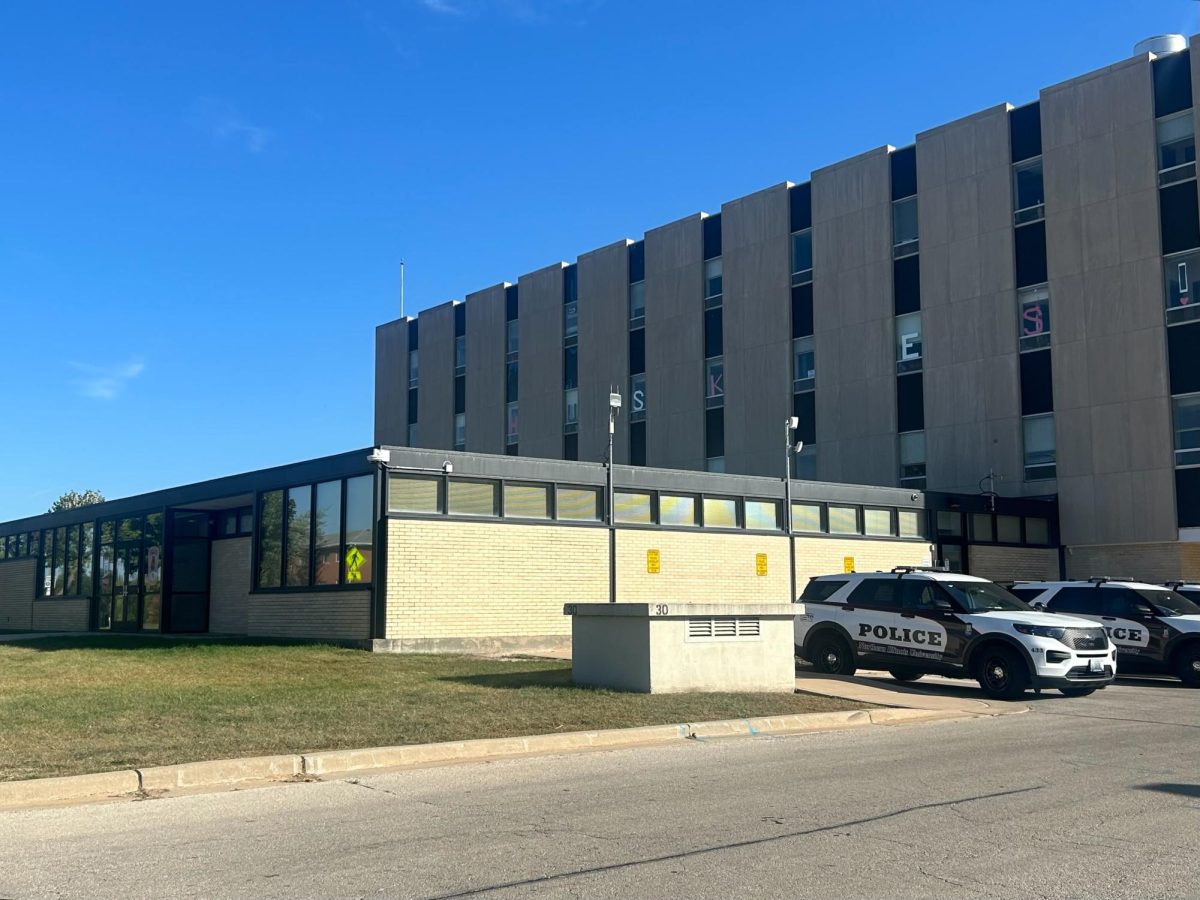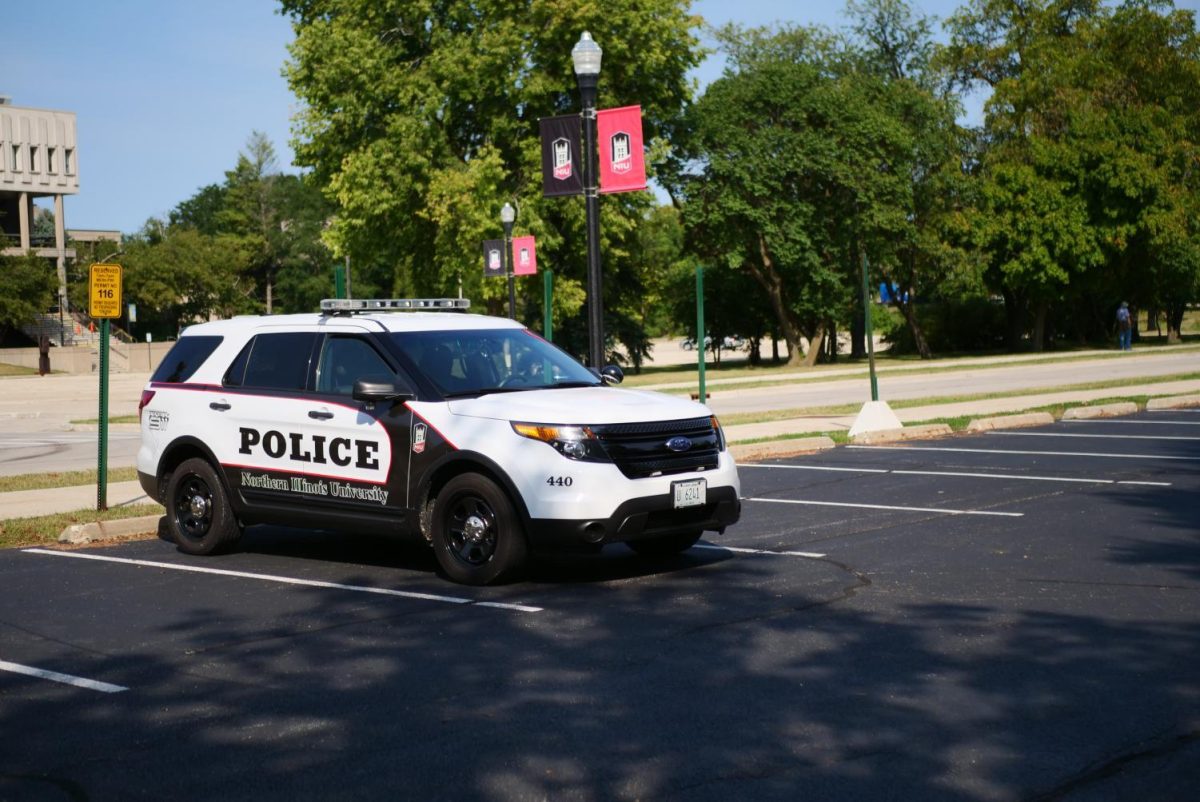DeKALB – An update of the Mental Health Early Action on Campus Act’s utilization at NIU was discussed at Wednesday’s University Council meeting.
MENTAL HEALTH EARLY ACTION ON CAMPUS ACT UPDATE
The Mental Health Early Action on Campus Act is a law that intends to bridge gaps in mental health services on college campuses in Illinois through training, peer support and community-campus partnerships.
Tim Paquette, director of Counseling and Consultation Services, and Kelly Olson, associate vice president for Student Development and dean of students, presented an update on how the act is being utilized on campus.
Paquette said that over the last six months the Counseling and Consultation Services, have added 10 certified peer educators to its student wellness crew.
The crew focuses on helping other students reach their goals and support their mental health.
Paquette said that as part of the university’s efforts to enforce the mental health act on campus, NIU was looking to become a JED campus.
“JED is a collaborative of higher ed institutions that has a methodology for assessing where you are, and helping you plan and implement programs that will deliver to your students, and then creating an ongoing cycle of assessment revision to make sure that you have a sustainable mental health ecosystem,” NIU President Lisa Freeman said in a January interview with the Northern Star.
According to JED Campus’ website, the JED Campus program is designed to help schools expand on their existing student mental health support systems and substance usage and suicide prevention efforts.
“We’ve been able to take steps to enter into a three-year consultation agreement with JED to be able to become a JED campus,” Paquette said. “What that means is we partner with JED to provide them information about our resources on campus, what we currently provide. They also are using their assessment model to look for gaps in what we do provide so that we can focus in on resources, training, education, awareness around mental health, that also helps us meet the requirements of rehab.”
In addition, mental health services have been expanded in other areas as well.
Athletics have taken over funding its own embedded psychologist, a position where a psychologist works full-time with student athletes.
NIU has also continued funding Compassionate Edge, a program which is meant for students who prefer to meet with a counselor of color, Paquette said.
NIU has invested in Togetherall, a 24/7 peer-to-peer online support platform that allows students to access support anytime from trained peers while being supervised by therapists, Paquette said.
“We’re going to be able to be implementing Togetherall with a contract that we’ve entered into that will be actually being launched within the next few weeks as we start this new academic year,” Paquette said.
Olson said that Residential Life and Housing staff have also been trained this year in mental health first-aid training in order to prepare them to support the many students living on campus in an emergency.
Olson said that a new presidential commission, the Presidential Commission of Well-being, will align itself with the Mental Health Early Action on Campus Act and will monitor well-being campus-wide.
BUDGET UPDATE
After hinting at possible “painful” budget changes at the last the University Council meeting on Sept. 13, Freeman said the university will be moving forward with the strategies that were proposed in the budget planning report from 2020 to 2023.
To advocate for university funding, Freeman said legislators have been visiting campus every week to secure investments.
“We’ve been having very frank conversations with them about the needs of the university and our students and the importance of continuing to invest in higher ed in our state,” Freeman said.
Freeman said she and other members of administration will be meeting with members of the Illinois Board of Higher Education Tuesday in order to present budget scenarios that the university might want to see in the coming year.
TECH ACCESSIBILITY AT NIU
Katy Whitelaw, NIU’s Information Technology Accessibility officer, said NIU needs to be in accordance with the Illinois Information Technology Accessibility Act. Under the act, those with disabilities must be able to receive, use, manipulate data and operate controls included in electronic and information technology the same way their peers can.
Whitelaw said Blackboard Ally was a promoted technology for campus accessibility. Blackboard Ally allows for faculty and staff to provide electronic braille, audio versions of course content and an immersive reader function that helps with aiding comprehension and grammar skills.
Whitelaw also mentioned NIU’s implementation of NaviLens, a wayfinding system that helps users who could be blind or visually impaired, deaf or hard of hearing, non-native English speakers or even students who don’t know their way around buildings.s.
Whitelaw said technologies like Blackboard Ally and NaviLens have many benefits for NIU as they will allow the university to recruit students with disabilities.
“When these students are successful here, we build a reputation for having an accessible campus and an accessible education,” Whitelaw said. “We also reduce the risk of litigation or being out of compliance with accessibility.”
The next University Council will be taking place on Nov. 8 at 3 p.m. at Altgeld Hall.





















